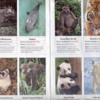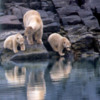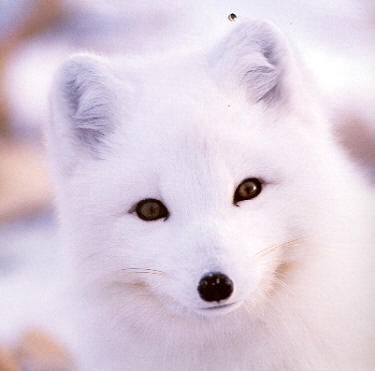Madagascar has seen more than 8o% of its original vegetation since man arrived about 1,500 years ago, leaving animals homeless. Unchecked hunting wiped out large species, and today mining, logging and energy exploration threaten those that remain.
Conservationists estimate that extinctions worldwide are occuring at a pace that is up to 1,000 times as great as history's background rate before humans arrived. We are shaping an Earth that will be biologically impoverished.
For one thing, we're animals too, depending on this planet like every other form of life. The more species living in an ecosystem, the healthier and more productive it is, which does matter for us.
We say, "What does a loss of a few species among millions matter? What doeds it matter if we lose species like the Holdridge's toad, the Yangtze River dolphin and the golden toad, all of which have effectively disappeared in recent years."
We live on a very special planet-the only planet that we know has life. Conservation is ultimately a moral obligation and simply the right thing to do.
We can save life on this planet , or be its unwitting executioner.










